Conflict of Laws on the Multistate Essay Exam: Highly Tested Topics and Tips
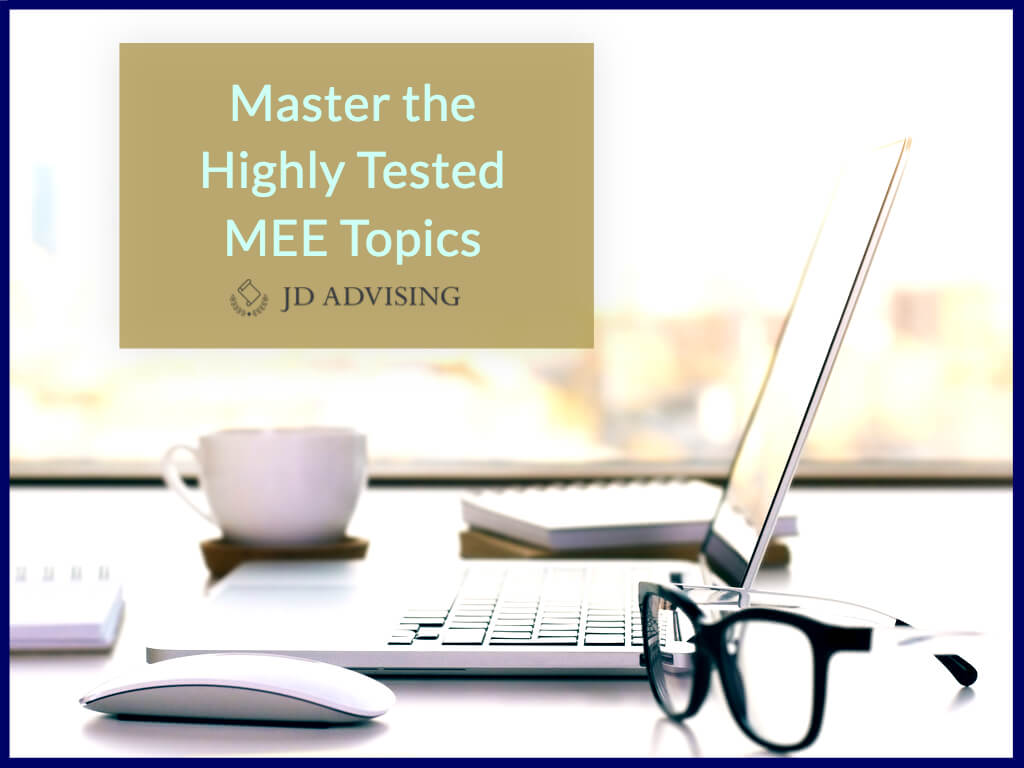 Conflict of Laws on the Multistate Essay Exam: Highly Tested Topics and Tips
Conflict of Laws on the Multistate Essay Exam: Highly Tested Topics and Tips
Conflict of Laws is the least frequently tested topic on the MEE. Conflict of Laws is the only subject that is not tested by itself—it is always tested with another subject.
When Conflict of Laws is tested on the MEE, it is generally tested in a predictable way.
Here, we give you tips for approaching Conflict of Laws on the MEE and we reveal some of the highly tested issues in Conflict of Laws questions.
Conflict of Laws on the Multistate Essay Exam
1. First, be aware of how Conflict of Laws is tested
Conflict of Laws is not tested often
As noted above, Conflict of Laws does not appear very frequently on the MEE.
Conflict of Laws is not tested as a standalone subject
The NCBE has announced that Conflict of Laws will not be tested as a standalone subject. It is always combined with another subject.
Conflict of Laws is often tested with Civil Procedure, Family Law, Decedents’ Estates, or Corporations and LLCs
Since 1995, Conflict of Laws has been tested with the following subjects:
- Civil Procedure—10 times (48%)
- Family Law—7 times (33%)
- Decedents’ Estates—3 times (14%)
- Corporations/LLCs—1 time (5%)
2. Be aware of the highly tested Conflict of Laws issues
The examiners tend to test the same issues repeatedly in Conflict of Laws questions. You can maximize your score by being aware of these highly tested issues. (We have a nice summary of these in our MEE One-Sheets if you want to see all of them and have them all in one place.)
Some of the highly tested Conflict of Laws MEE issues include:
Civil Procedure
Civil Procedure is frequently tested with Conflict of Laws on the MEE when Conflict of Laws appears. Here are some of the “favorite” Conflict of Laws issues:
- Klaxon doctrine: A federal district court sitting in diversity must apply the choice of law approach for the state in which the federal court sits. So, if a state claim in New York is brought by a New York plaintiff against a Washington defendant in a federal district court in New York on a diversity basis, the federal district court must apply New York’s choice of law rules when determining which state’s law to apply. This makes sense because it provides no incentive for the parties to forum shop.
- Transfer to a more appropriate forum: This is tested frequently when venue is tested. The federal court has authority to transfer a case to another federal district for the convenience of the parties and witnesses and in the interest of justice. The new forum must have subject-matter jurisdiction over the case and personal jurisdiction over the defendant. The court will apply the law of the transferor forum. Because the case was properly brought in the transferor forum, it makes sense that the court will apply the law of the transferor forum.
Family Law
There are a variety of issues that tend to be tested with Conflict of Laws and Family Law. Here are some:
- Recognition of marriage: A marriage that is valid under the law of the state in which it was contracted will be valid elsewhere unless it violates a strong public policy of the state that has the most significant relationship to the spouses and the marriage. Common law marriage is virtually always the issue when this principle is tested. If the marriage is recognized by the state where the couple entered into the marriage, it will be recognized by all other states.
- Full Faith and Credit Clause: A state must recognize a final judgment of other states so long as the judgment is on the merits and the other state had jurisdiction. An example of this is that a divorce decree must be granted full faith and credit.
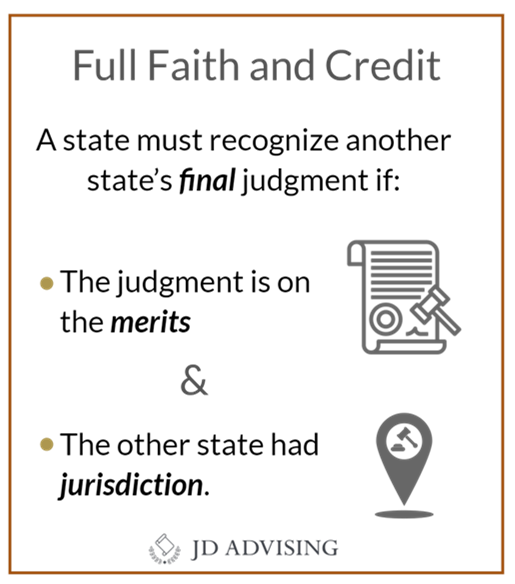
Decedents’ Estates
Conflict of Laws has been tested only three times with Decedents’ Estates. Here are two recent issues that have appeared (both appeared on the 2012 exam):
- Personal property: postmortem (i.e., after death) distribution of personal property is governed by the law of the state where the decedent was domiciled at the time of his death.
- Real property: postmortem distribution of real property is governed by the law of the state where the real property is located.
Corporations and LLCs
Conflict of Laws has only been tested once with Corporations and LLCs. Here are the issues that appeared on the July 2021 exam:
- Merger: Merger is a fundamental change that requires a majority of directors and a majority of outstanding shares. Merger of a domestic business corporation with a foreign business corporation is permitted by MBCA 11.02.
- Dissenter’s rights: Dissenter’s rights for a shareholder in a closely held corporation that votes against a merger allows a dissenter to demand payment for shares. Negotiation or judicial appraisal will determine the price.
- Foreign corporations: foreign corporations transact business in another state by filing a foreign registration statement.
3. Do not worry about providing a historical background
One mistake that students sometimes make when approaching a question that tests Conflict of Laws on the MEE is to provide a historical background. They discuss the “vested rights” approach and give an overview of various policies. We suspect students do this because this is how many commercial courses teach Conflict of Laws. It is not a bad idea to provide a policy analysis, and sometimes a question will call for it. However, a history lesson is usually not expected and not necessary. So, instead of writing an introductory paragraph that gives an overview of the historical development of the Conflict of Laws field, just stick to the issues asked about. This will save you time, make your answer look more focused, and maximize the potential points you can earn.
4. Practice!
Practice is critical for spotting issues involving Conflict of Laws on the MEE. Here, we provide you with some links to free Conflict of Laws questions and NCBE point sheets. (If you would like to purchase a book of Conflict of Laws MEE questions and NCBE point sheets from 2000 to the present, check out our MEE books here. You can also see some additional exams on the NCBE website for free here.)
- July 2021 Conflict of Laws MEE (combined with Corporations and LLCs)
- July 2019 Conflict of Laws MEE (combined with Decedents’ Estates)
- July 2017 Conflict of Laws MEE (combined with Civil Procedure)
- July 2012 Conflict of Laws MEE (combined with Decedents’ Estates)
- February 2009 Conflict of Laws MEE (combined with Civil Procedure)
Go to the next topic, Constitutional Law.
Seeking MEE Expertise?
🌟 Freebies & Discounts
- Free Bar Exam Resource Center: Explore for leading guides, articles, and webinars.
- Expert-Crafted Bar Exam Guides: Unveil insights on high-frequency MEE topics and strategies for success.
- Free Webinars: Engage with top bar exam experts.
🔥 Top-Rated MEE Resources
- MEE One-Sheets: Boost your confidence with our most popular bar exam product!
- Bar Exam Outlines: Our comprehensive and condensed bar exam outlines present key information in an organized, easy-to-digest layout.
- NEW MEE Mastery Class: Unearth focused, engaging reviews of essential MEE topics.
- Bar Exam Crash Course and Mini Outlines: Opt for a swift, comprehensive refresher.
- MEE Private Tutoring and feedback: Elevate your approach with tailored success strategies.
- MEE Course: Preview our acclaimed five-star program for unmatched instruction, outlines, and questions.
🔥 NEW! Dive deep into our Repeat Taker Bar Exam Course and discover our unrivaled Platinum Guarantee Pass Program.

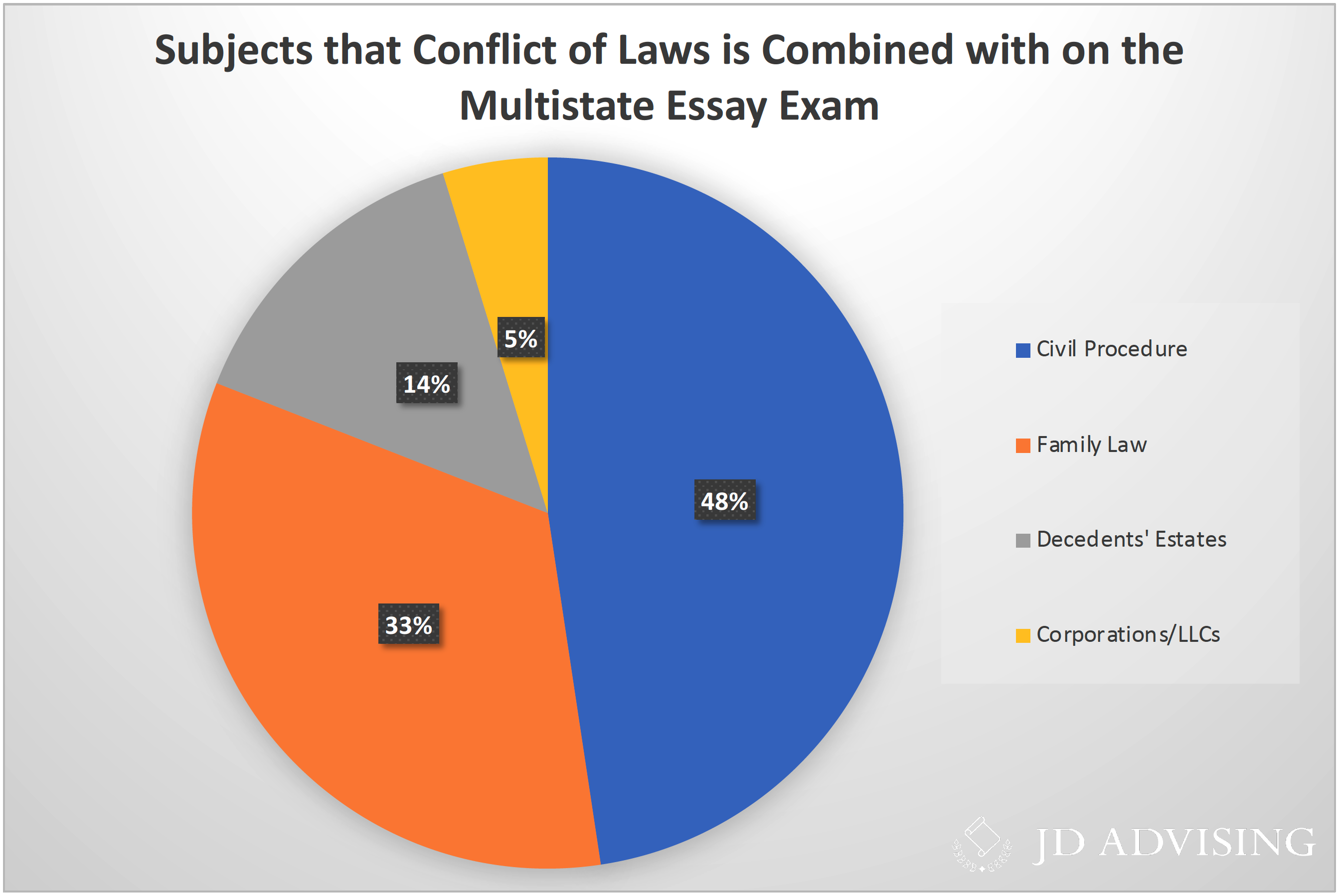
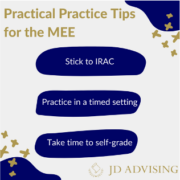
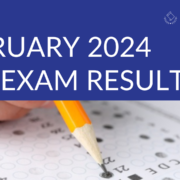
Leave a Reply
Want to join the discussion?Feel free to contribute!